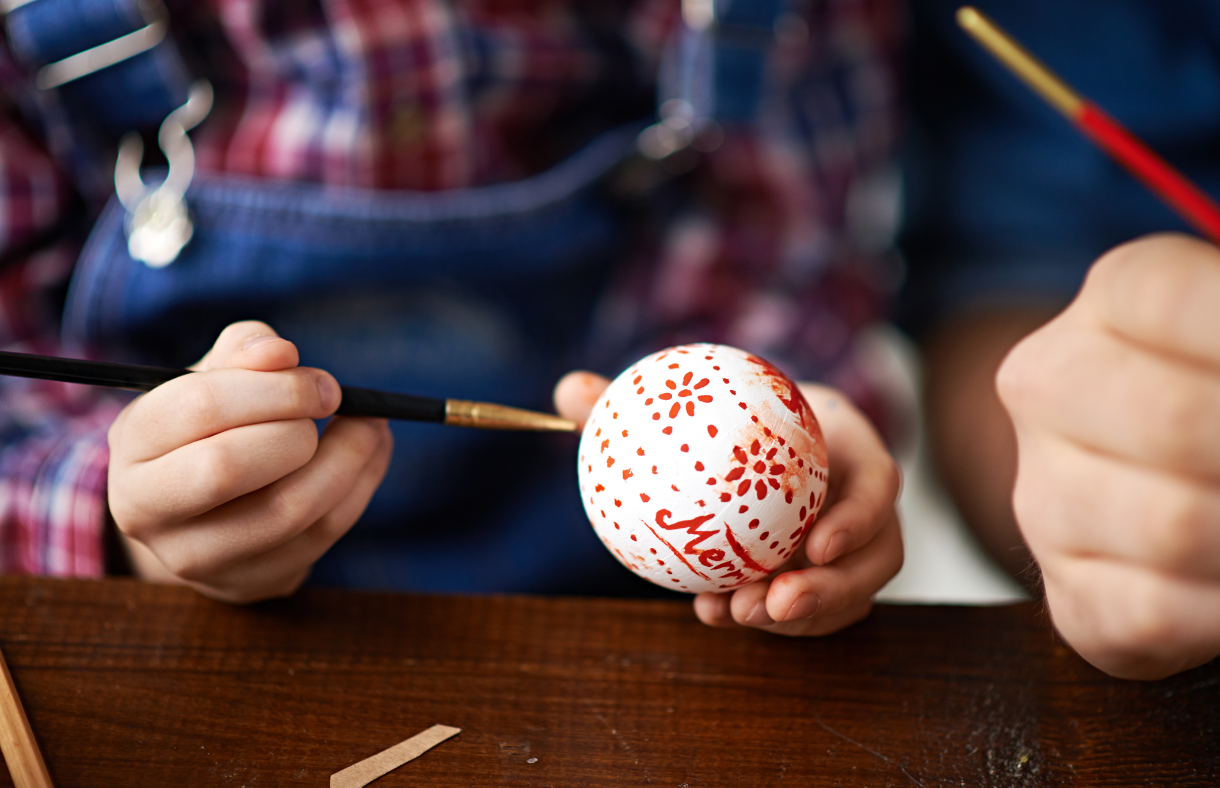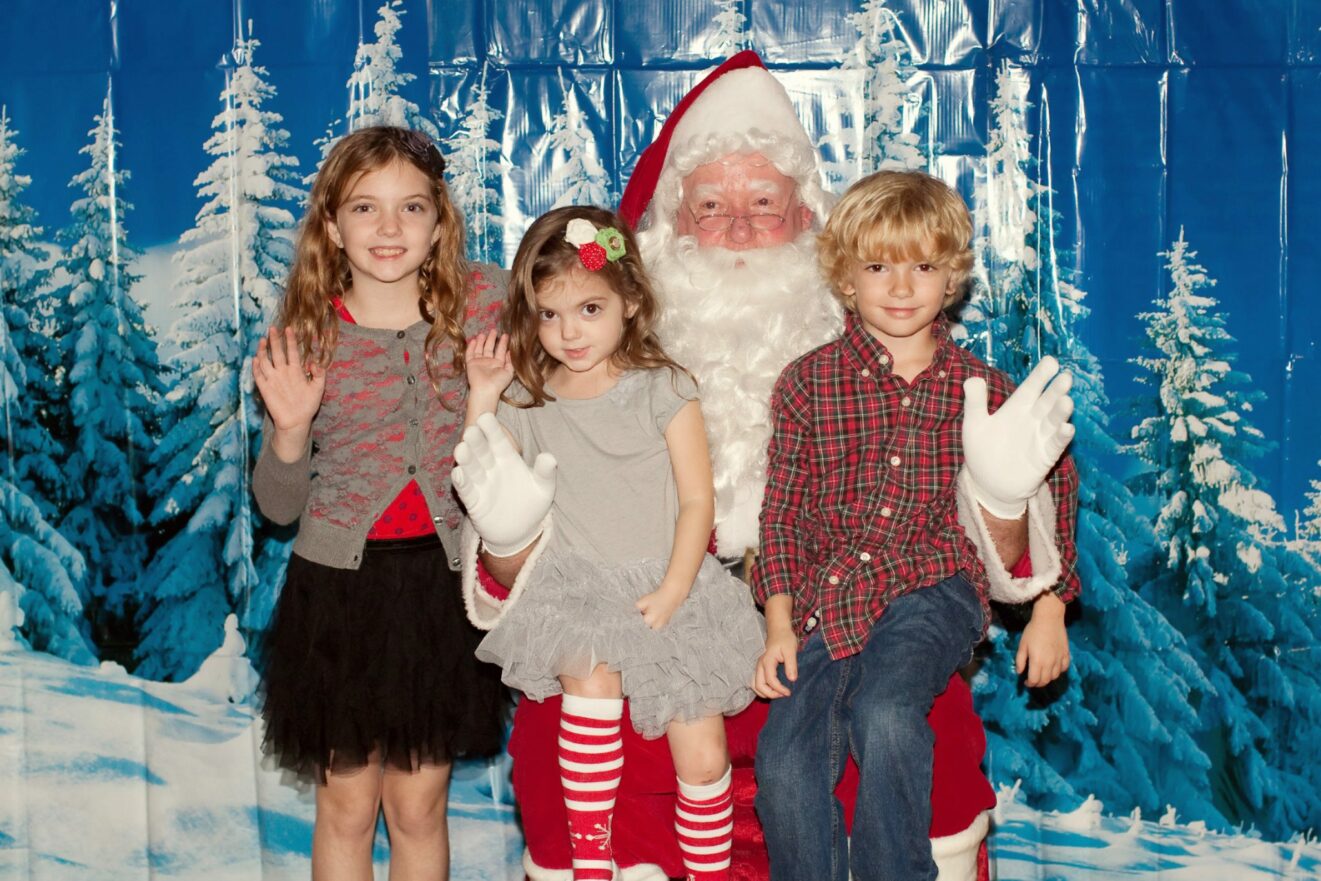The winter holidays are tons of fun … until they aren’t. Until you have one of those days when the weather is miserable, every store on the internet is sold out of the gifts your children want, you’re seeing more bills than budget and more errands than time … and just as you finally collapse into bed, the Christmas party in the next apartment kicks into high volume.
And those are just neurotypical tribulations. What if your children are so sensitive to noise that they go hysterical when the carolers start? Or if three of your kids are begging to see Santa, but number four would rather walk over hot coals than go near that scratchy beard? Or if you have autism yourself, and are considering disowning your extended family rather than endure another year of airports, late-night small talk, and your cousins’ teasing about your “weirdness”?

Does Autism = Bah, Humbug?
No question, autism mixes poorly with many holiday traditions. Even “high-functioning” autism comes with:
- Impatience blended with aversion to disappointment (thumbs down on air travel, heavy traffic, and any event that might be cancelled for winter weather)
- Sensitivity to background chatter and sudden noises (thumbs down on community festivals, fireworks, and popping champagne)
- Distaste for being physically “crowded” (thumbs down on big public events, and on any gatherings that include hug-demanding acquaintances)
- Difficulty communicating tactfully and effectively (thumbs down on anyone who might ask why you aren’t coming to a party, or why you’re leaving “early”)
Not that all the above is anathema to everyone with autism. There are plenty of us who wouldn’t miss Christmas concerts and holiday lights, not even to escape the crowds. Much depends on the individual, but everyone has a right to have their personal limits respected—and a responsibility for learning and respecting their own limits.
Planning Your Own Holiday Calendar

If you’re an independent adult with few autism symptoms beyond a low overload threshold, you can navigate the holidays by:
- Considering your comfort zones before you accept any invitation, before you even save a date. (Even if no one else will know you even thought about going, the physical act of marking your calendar may leave you feeling obligated to follow through.)
- Respecting others’ preferences as well. If your spouse loves to chat until long after your crowd-tolerance energy is spent, let them go alone or drive a separate car to the party.
- Keeping the greater part of your regular routine intact.
- Staying healthy, hydrated, and well-rested.
- Practicing in advance how to respond to people who don’t understand your comfort zones—especially relatives accustomed to the guilt-trip approach. If you anticipate tough social situations, discuss them with your therapist and support group in advance. And remember, one advantage of autism is that we can out-stubborn anyone once our minds are made up!
Child with Autism Meets Holiday Traditions

If it’s not you but your child or other dependent who has autism, never nag them to participate beyond their comfort level. A little gentle coaxing is acceptable, but only if:
- You really pay attention to the child’s concerns.
- You avoid any attitude that hints at belittling their feelings.
- You remember that a child faces extra challenges due to limited options for escaping uncomfortable situations. (Adults, after all, can just go home alone when they feel their stress levels rising.)
And remember also that you can enjoy some of your favorite traditions without dragging your child along. Don’t feel guilty about employing a substitute caretaker for a few hours.
Holidays are largely about family, though; and autism needn’t stop you and your child from enjoying many things together. Here’s what Cristen Reat, our BridgingApps Program Director and the mother of a young adult with multiple disabilities, does to ensure truly happy holidays for all.
- Because of Vincent’s autism, we have to plan holiday activities around sensory issues, with minimized crowds and noise. So we do very little in-person shopping. However, large stores do provide great opportunities for youngsters with sensory and cognitive challenges to practice daily living skills, so we strike a balance by going first thing in the morning, or other times we know the store won’t be crowded.
- Vincent likes holiday music. We make playlists of favorite songs that we listen to and sing together. If we go to a performance, we plan on no more than an hour at the least crowded time, often on weekdays.
- We have a tradition of spending a weekend at a retreat center in rural Texas, with another family who not only accepts our neurodiverse child, but adores and enjoys him.
- When we invite people to our house, we make a visual schedule and brief Vincent in advance, letting him know who is coming and when they’ll leave. He has the okay to go to his room at any time for a break, and though we require him to greet visitors, we never insist on hugs or touching.
Most Important
At any time of year, the #1 thing not to do is treat autism as a disease to be cured, a curse to be eradicated, or anything to be ashamed of. Autism is not only a normal part of many people’s full selves; it brings gifts most “neurotypical” people lack. Be openly thankful for the unique person you or your child are.
Have a blessed holiday season!
See also: BridgingApps recommendations for autism– and holiday/Christmas/Chanukah-related apps

